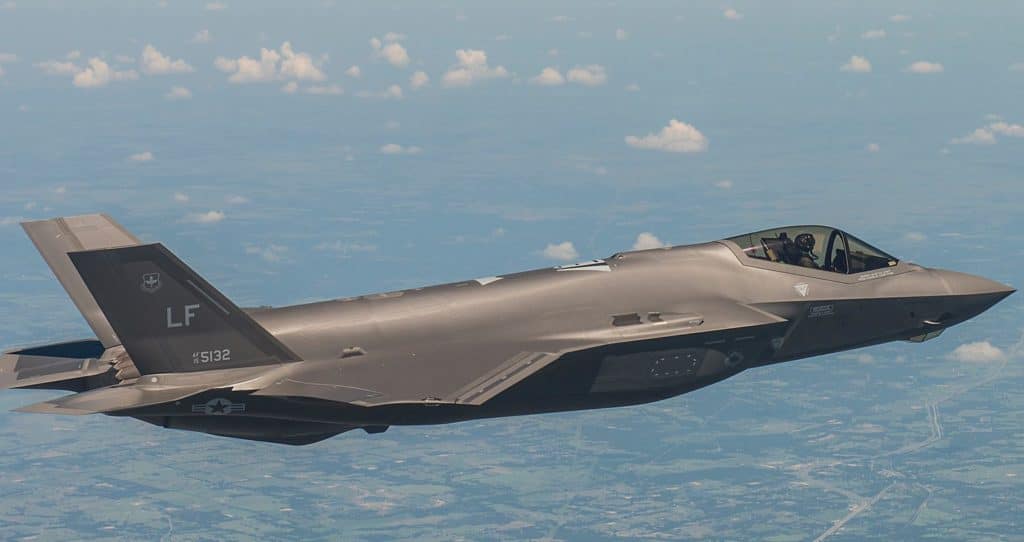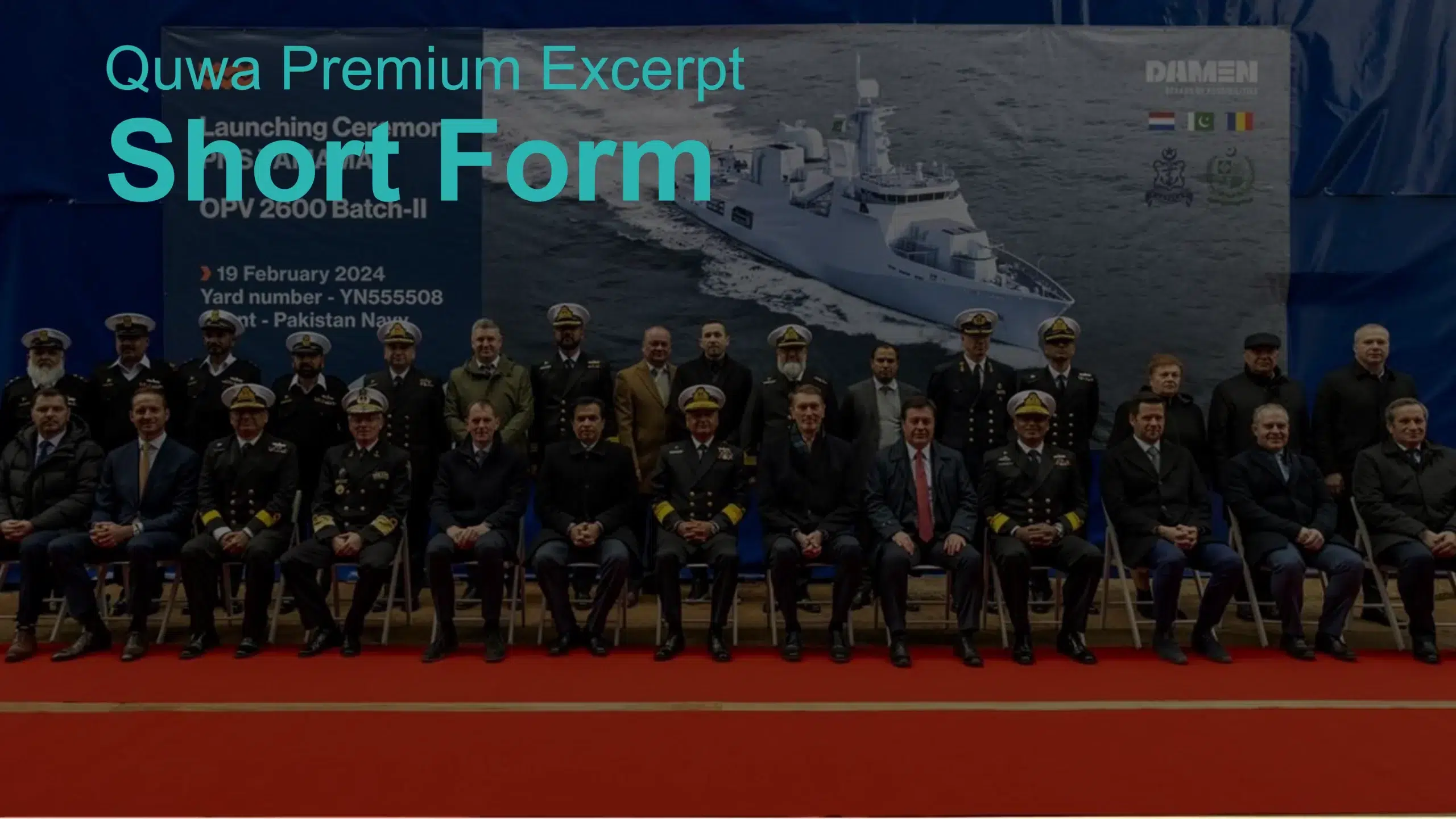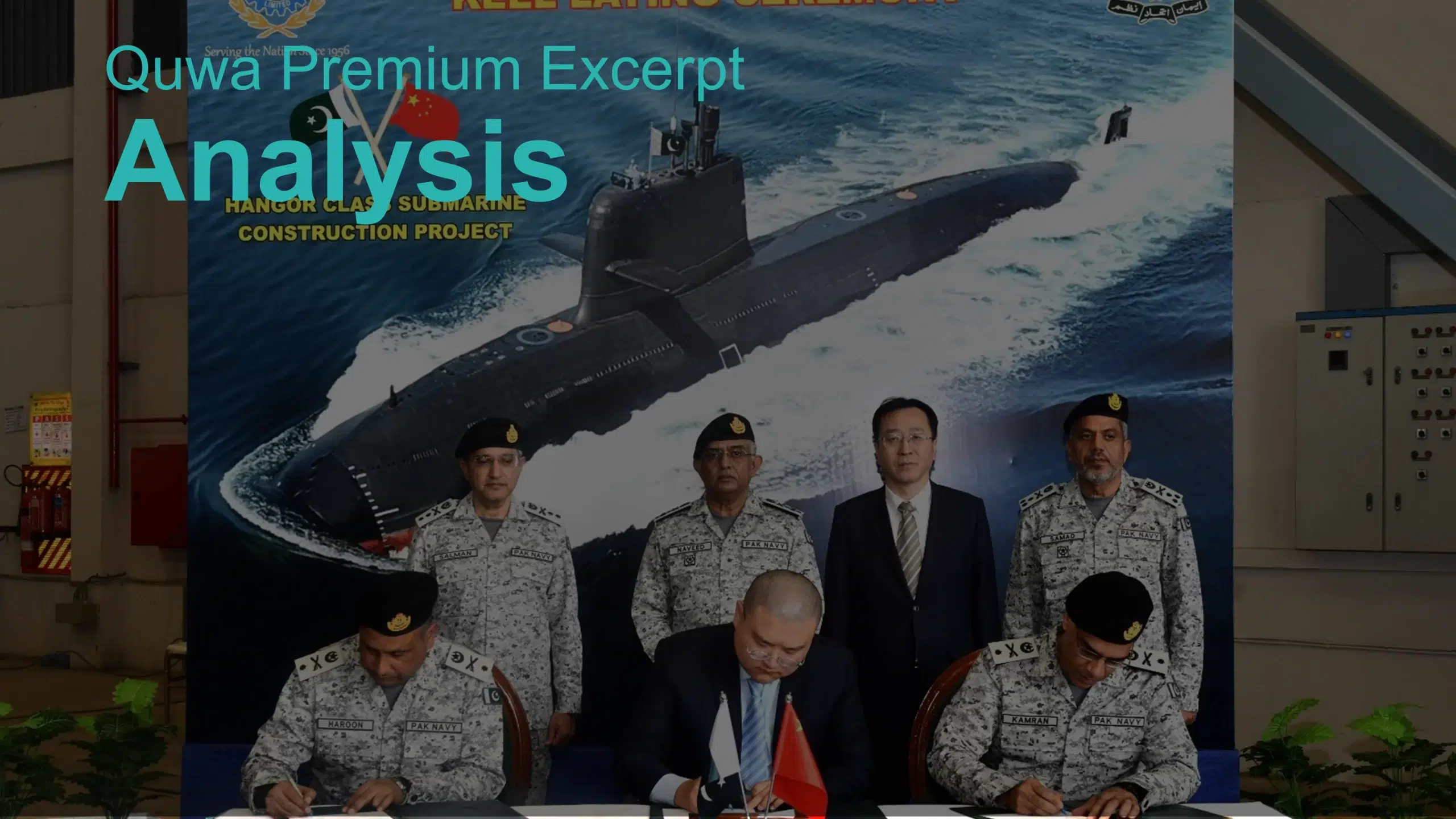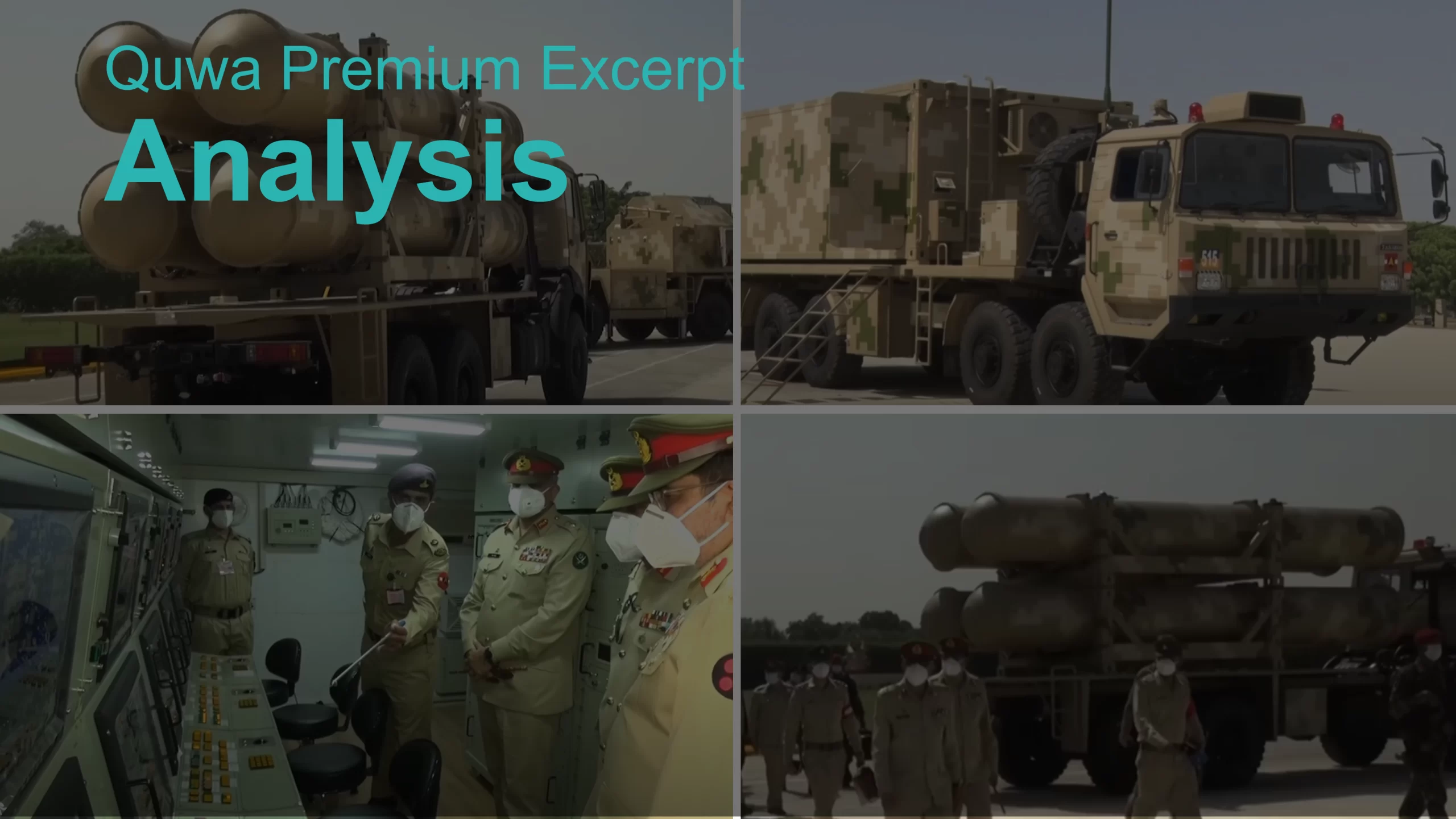With the Turkish government affirming its commitment to procure Almaz-Antey S-400 long-range surface-to-air missile (SAM) systems from Russia, U.S. officials are examining various options regarding Turkey’s involvement in the Lockheed Martin F-35 Lightning II program.
Speaking to Defense News, the deputy undersecretary of the U.S. Air Force (USAF), Heidi Grant, confirmed that there will be no interoperability between the S-400 and NATO systems. However, Grant had indicated that Ankara’s S-400 acquisition could have long-term policy consequences, generally in regards to Turkey’s access to U.S. technology and assistance, and specifically its participation in the F-35.
While admitting that Washington is far from crafting a substantive response, Grant outlined that guarding the F-35’s critical aspects (e.g. stealth or low radar-detectability attributes) were of critical importance to the program inherently and the fact that it is to be flown by the U.S. and its key allies.
However, the matter is complex and multi-faceted. Turkey’s involvement in the F-35 spans beyond simply acquisition, but it also involves the participation of its industry. Turkey’s workshare inputs for the fighter include aerostructures, including the central fuselage, wiring systems, onboard electronics and stand-off range surface-to-air munitions, including a variant of the Roketsan Stand-off Missile (SOM-J). Moreover, the Turkish industry’s participation in the F-35 includes both public and private-sector companies.
Turkey is also a large NATO power, not only from the standpoint of its standing forces, but also from the fact that it is a major consumer of U.S. and European defence services and solutions. Within the scope of its supply localization efforts, Turkey is engaging with BAE Systems, Eurosam, Airbus Defence and Space, Leonardo and others, providing these companies with business.
Moreover, other U.S. allies, such as Saudi Arabia and the United Arab Emirates (UAE), are also engaging with Russia on various defence cooperation fronts. The Saudis in particular have expressed interest in the S-400 air defence system, while also being operators of the Terminal High Altitude Area Defense (THAAD) system. On the other hand, the U.S. is interested in having UAE collaborate with the U.S. defence industry in various research and development initiatives.
In effect, Russia’s big-ticket items – particularly sensitive systems such as the S-400 – are a serious factor in the procurement efforts of several U.S. partners, not just Turkey. However, in contrast to Saudi Arabia or the UAE, Turkey’s decisions are not limited to affecting the U.S., but Western Europe as well. Russia is an immediate and perennial concern for France, Germany and the Central European powers, so it may be possible that Washington’s concerns stem from that facet as well (which is a notable differentiator from the comparable technology and industry issues of Saudi Arabia and/or the UAE buying the S-400).




